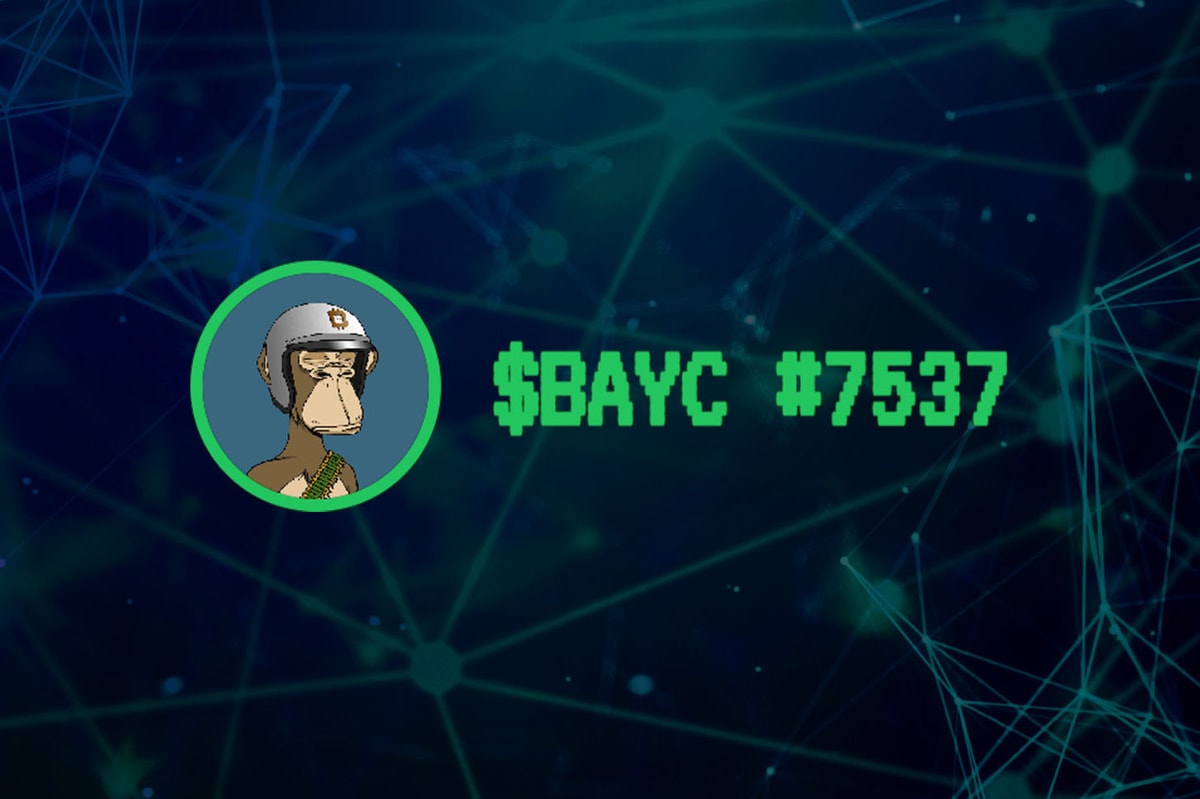
This Friday, Bitcoin Central, a Bitcoin exchange based in France, announced what has already been hailed as a major step forward for Bitcoin: they are now licensed to perform many of the same functions as a bank. Soon, a Bitcoin Central account will have all of the core features of a standard bank account in Europe. Each account will have its own international bank account number (IBAN) with which anyone will be able to send money to that account via bank wire. On the withdrawal side, Bitcoin Central will soon issue debit cards similar to those now in the works by BitInstant that would automatically convert the holder’s BTC balance to euros on the fly. And, finally, the euro balance of a Bitcoin Central account will be federally insured up to $100,000 by the French “Garantie des depôts” (roughly equivalent to FDIC insurance in the United States). Furthermore, these features will not just be available to residents of France; anyone in the world will be able to open a verified account if they are willing to provide proper identification.
If all goes according to plan, Bitcoin Central’s announcement will mean a lot for Bitcoin integration in the years to come. Acquiring bitcoins in the first place has always been the most difficult part of participating in the Bitcoin economy, and now, anyone with an account at Bitcoin Central will be able to, for example, have their salary paid into that account and automatically converted to Bitcoin. Bitcoin enthusiasts will be able to get pretty close to abandoning the traditional banking system entirely, storing their funds in BTC and using a Bitcoin-denominated debit card to pay for their purchases when they interact with businesses that do not use Bitcoin. As more people start accepting and spending Bitcoin, this opens up a path for the currency to gradually enter the mainstream world; if some businesses realize that some of their employees are converting their salaries to Bitcoin and some of their customers are paying them with Bitcoin debit cards, they may wish to cut out the middleman entirely and allow both sides to pay and receive bitcoins directly.
Another important aspect to highlight is what this means for Bitcoin’s legitimacy. There have been a considerable number of legal concerns around Bitcoin in the past few months. In September, the now-defunct Global Bitcoin Stock Exchange’s James McCarthy, in an interview explaining why he shut his platform down, claimed that the regulatory standing of Bitcoin exchanges is much more treacherous than many assume, and that “all existing bitcoin exchanges that are not doing AML on all accounts (even bitcoin only accounts) are at risk” of being shut down. In October, the European Central Bank released a report entitled “Virtual Currency Schemes” which, although in many ways positive to Bitcoin, ended with the ominous words “Further action from other authorities can reasonably be expected in the near future.” Legal concerns have been cited by many as a major factor hindering Bitcoin adoption, and the fact that the banking system is now willing to deal with Bitcoin in this way will do much to alleviate other organizations’ fears.
There has also unfortunately been a considerable amount of miscommunication both within the Bitcoin community and outside about this deal (in which I admit to participating myself), and Bitcoin Central has deemed it fit to release a public message clarifying the facts. The misconception started with the headline of the forum thread making the announcement, “Bitcoin-Central, first exchange licensed to operate as a bank. This is HUGE” This was widely misinterpreted to mean that Bitcoin Central will have the power to act as a bank themselves, but Bitcoin Central’s David François (also known in the Bitcoin community as Davout) clarified: We said “licensed to operate as a bank” which we mean as ��open accounts to third-parties and hold fiat currency on their behalf in compliance with the regulatory framework’. The headline has since been corrected to instead say “operate with a bank.”
In fact, Bitcoin Central (or rather its parent company Paymium) has a deal with Aqoba, an institution which is already licensed to operate as a “payment services provider”, a status which David François describes as “exactly what a bank does, minus the issuing of credit”, and Bitcoin Central will be able to perform the same actions as a payment services provider by doing everything through Aqoba. Aqoba itself is partnered with Crédit Mutuel Arkea, an actual bank (or, more precisely, a banking and insurance cooperative), which is where the euro portion of Bitcoin Central account balances will be held. Thus, it is only the euro balances that are federally insured; BTC balances are protected only by good old-fashioned “cold-storage and extreme security paranoia.”
Some are worried about the potential legal issues surrounding what Bitcoin Central is doing. A number of Bitcoin exchanges, including, Intersango in the UK,Bitcoin Mercado in Brazil, and even MtGox in France iself have had their banking partners abandon them, and some are worried that, despite the Paymium team’s careful legal research particularly around the MtGox case, the same will happen to Bitcoin Central as well. Mike Hearn raises the concern that Bitcoin Central may be forced to close its doors to US residents in the future due to US foreign tax regulations. Others have raised the opposite argument: that, like Tor, Bitcoin is a vital tool in maintaining one’s privacy against the state, and regulation will only be harmful to Bitcoin achieving what they consider to be its primary purpose.
To those who are concerned about Bitcoin Central’s legal situation, François’s response so far can be summarized in one comment: “I hear you and that makes sense, I guess we’ll find out.” To those who see Bitcoin as a way of fighting against the traditional banking system and government regulation, François has one simple reply: “If you don’t see value here too bad, just don’t use us. We’re an option, not an obligation. We won’t force anyone.” All in all, Bitcoin Central’s new offering will only expand the range of choices that Bitcoin users have available to them.










